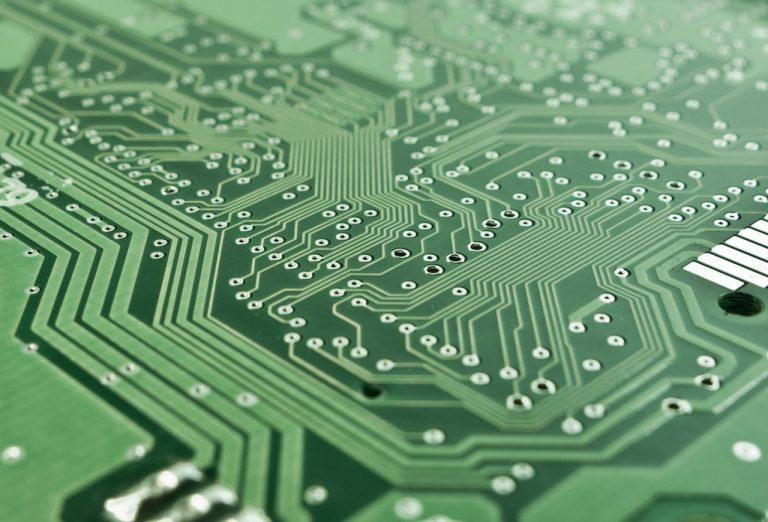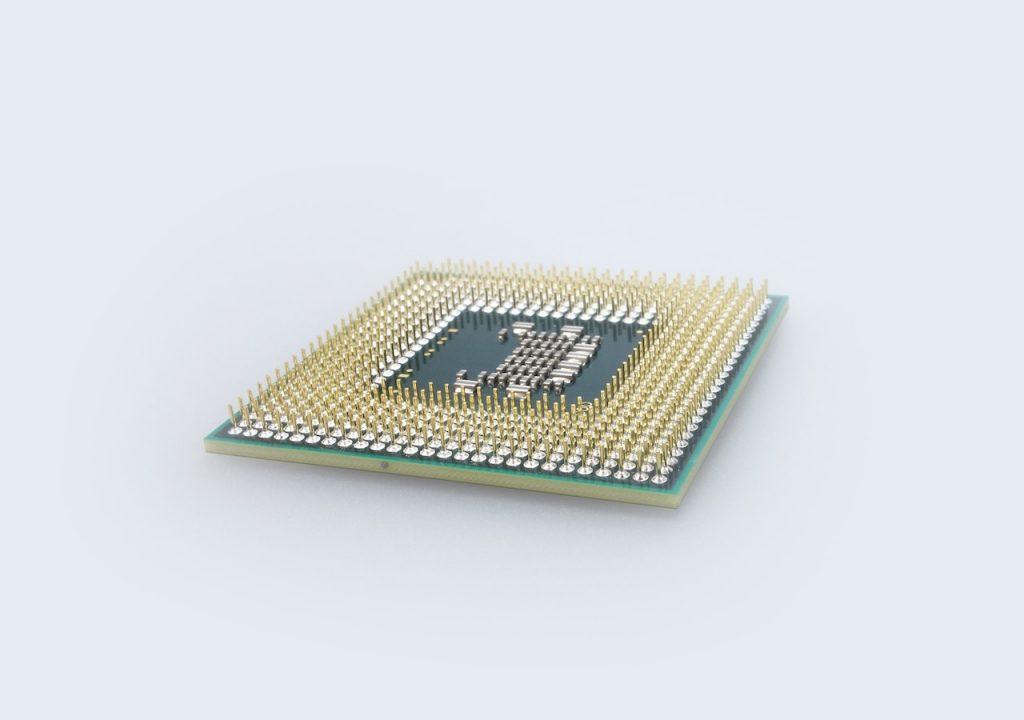What Is R2 Certification and Why Is It Important?
Electronics recycling is an important aspect of the IT asset disposition (ITAD) industry. R2 certification means your ITAD partner follows the established set of standards governing the industry. But what does R2 certification mean, and why is it important?
We’ll take a look at the history, core requirements and benefits of responsible recycling for protecting your data, your business, and your brand.
First, Some History…
In the ITAD industry’s early days, there were few guidelines or regulations regarding responsible recycling practices. Personal computers became more common, and rapid technological advances meant the equipment quickly grew outdated. Businesses and individuals alike replaced their older units with current models. As a result, electronic waste became a big and growing problem.
Enter the electronics recyclers. These companies saw a need and stepped in with a solution. However, the industry was in its’ infancy, so there were no rules, let alone standards or best practices. Some unscrupulous companies used this new opportunity to put profit over responsibility.
A frequent solution involved shipping electronic waste overseas, where human and environmental safety laws aren’t as stringent. While “out of sight, out of mind” was both easy and profitable for these uncertified recyclers, it led to untold damage to those overseas communities and the ecosystems where they reside.
This shoddy practice also exposed sensitive data as the IT assets changed hands, eventually ending up in overseas electronic graveyards. This gave criminals access to financial, health, and other privileged information from the recycling companies’ clients.

SERI and Responsible Recycling
In response to this growing problem, international bodies collaborated to create a multi-stakeholder nonprofit organization. This organization focused exclusively on minimizing the risks posed by end-of-lifecycle electronics. Sustainable Electronics Recycling International (SERI) is the housing body for the Responsible Recycling (R2) Standard. This standard governs the recycling practices in Accredited Certifications Programs.
Contributing stakeholders include the U.S. Environmental Protection Agency, electronics recyclers and their trade associations, state regulators, and non-governmental organizations. Since 2008, the R2 standard has governed international electronics recycling practices. The goal is to create a circular lifecycle for IT equipment rather than simply managing electronic waste.
The R2 standard undergoes periodic updates as both technology and best practices continue to advance. Maintaining certification requires regular inspections to ensure ITAD companies and electronics recyclers adhere to the current standards.
R2 Certification Requirements
Because R2 certification ensures that the responsible management of e-waste, the requirements are quite stringent. Certified R2 recyclers must meet core competency in these areas:
- Legal and Regulatory Compliance: Certified facilities must comply with all applicable environmental, health, and safety laws related to electronics recycling.
- Data Security: Measures must be in place to ensure the protection of stored data, including secure erasure or destruction.
- Environmental Management System (EMS): Facilities need to implement an EMS that outlines policies and procedures. These include air emissions, water discharges, and waste management.
- Worker Health and Safety: Certified facilities must provide a safe working environment for employees. Areas include appropriate training, protective equipment, and procedures to minimize occupational hazards.
- Focus on Reuse and Recycling: The R2 certification promotes the reuse and recycling of electronic devices. Certified facilities should prioritize reuse and recycling over disposal.
- Downstream Management: R2 certification requires effective tracking and documentation of the movement of electronic waste through the recycling chain. That means that certified facilities must ensure that downstream vendors are also operating responsibly.
- Auditing and Certification: An independent third-party auditor must conduct an on-site audit to verify compliance with the R2 standard. Once the facility meets all requirements, they receive certification.

How Does R2 Certification Benefit ITAD Customers?
If you have IT equipment that’s reached the end of its useful lifecycle and you’re in need of an ITAD partner, R2 certification can benefit your business or organization in multiple ways:
Environmental Responsibility
R2 Certification ensures that the ITAD service provider follows eco-friendly practices for electronic waste management. This includes proper handling, recycling, and disposal of electronic devices. Overall, this helps reduce the environmental impact of electronic waste.
Data Security
R2 Certification requires ITAD providers to have robust data security measures in place. This ensures that sensitive information is securely erased or destroyed before the retired equipment moves through the recycling or refurbishing process.
Compliance with Regulations
R2 Certification ensures that the ITAD provider complies with applicable laws and regulations. This helps ITAD customers avoid potential legal and regulatory issues that may arise from improper handling of electronic waste.
Social Responsibility
R2 Certification promotes socially responsible practices in the ITAD industry. Certified providers adhere to high standards of worker health and safety, responsible downstream management, and community engagement.
Risk Mitigation
By choosing an R2 Certified ITAD provider, customers can reduce the risks associated with improper handling of electronic waste. Compliance with industry best practices and standards lowers the chances for environmental incidents, data breaches, and negative publicity.
Credibility and Trust
R2 Certification demonstrates the ITAD provider’s commitment to industry best practices. It enhances the provider’s credibility, building trust. With an R2 Certified provider, you can rest assured that your IT assets will be handled in a responsible and secure manner.
Reuse and Resale Opportunities
R2 Certification encourages ITAD providers to prioritize reuse and resale over disposal. This can benefit customers by maximizing the value of retired IT assets. Resale is a great way to reduce the overall cost of IT asset disposition.
Evolving Standards
Because R2 standards undergo periodic updates, it’s important to ensure your ITAD partner is certified in the current best practices. As of 2023, version three (v3) is the most recent update of the R2 standard. R2V3 promotes increased data destruction requirements, increased categorization requirements, and increased Environmental Health & Safety assessment and controls. The categorization requirements ensure more uniform hardware classification across the industry, while the EHS controls aim to promote greater workplace safety while minimizing the risks of environmentally damaging incidents.
If you’re looking for an R2 Certified ITAD partner, contact GCI. We not only comply with but exceed all regulatory standards for handling e-waste.
or call 770-886-4200
